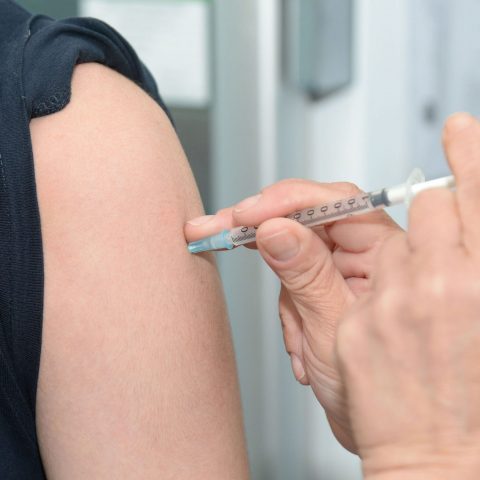Vaccines, their effects and their safety!
Vaccines are made from certain molecules of viruses/ bacteria, parts of their structure or even whole of viruses or bacteria that or either dead or weakened to the extent to be unable to produce a disease in human. These molecules (antigens) once injected into the human body, trigger a chemical process enabling our immune system to safely learn to recognise them as hostile invaders, produce antibodies and remember them for the future. If the bacteria or virus reappears, the immune system will recognise the antigens immediately and attack aggressively well before the pathogen can spread and cause sickness.
Also Read: Vaccines in Pakistan and their schedule
How vaccines improve immune system?
Our natural immune system can fight most germs, but there are some deadly diseases it can’t handle. That’s why we need vaccines to strengthen our immunity. Vaccines reduce your child’s risk of infection by working with his/her body’s natural defences to help safely develop immunity to disease. Vaccines are tested to ensure that they are safe and effective for children to receive at the recommended ages.
What is the ideal time to get vaccinated?
Vaccines protect us throughout life and at different ages, from birth to childhood, as teenagers and into old age. In most countries you will be given a vaccination card that tells you what vaccines you or your child have had and when the next vaccines or booster doses are due. It is important to make sure that all these vaccines are up to date.
What if we delay the vaccines?
If we delay vaccination, we are at risk of getting seriously sick. If we wait until we think we may be exposed to a serious illness – like during a disease outbreak – there may not be enough time for the vaccine to work and to receive all the recommended doses.
Why does vaccination start at such a young age?
Young children can be exposed to diseases in their daily life from many different places and people, and this can put them at serious risk. The WHO-recommended vaccination schedule is designed to protect infants and young children as early as possible. Infants and young children are often at the greatest risk from diseases because their immune systems are not yet fully developed, and their bodies are less able to fight off infection. It is therefore very important that children are vaccinated against diseases at the recommended time schedules.
Dr. Salman Ahmad Bajwa
MBBS, RMP, FCPS (Paeds)
Paediatrician, Neonatologist
Child Growth and Nutrition Expert









